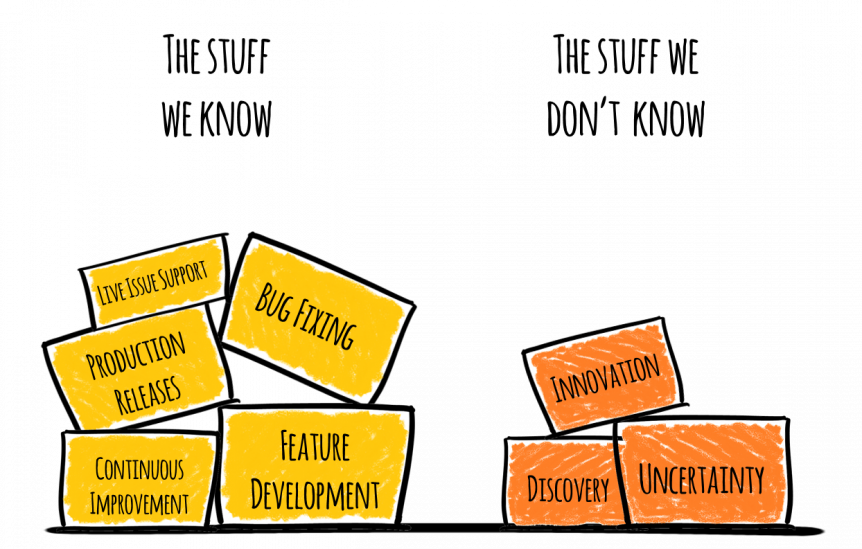At the beginning of the year, our team sat down together to discuss our goals and plans for the next 12 months. This included systems and plans that we want to implement this year to improve efficiencies and consistencies in how we do things.
One of the suggestions put forward by my team was to create a “Mel contingency plan.”
Is there a continuity plan for your company in case of your long absence?
We had to think through and document the tasks and processes that I, as a business owner, routinely carry out so that should something happen to me, someone else can step up and fill my shoes.
Preparing for eventualities goes further than filling my roles such as meeting with clients, overseeing staff, and managing workflow. They had to be aware of the critical aspects of our business operation, such as:
• where our business comes from;
• what key functions need to be filled when I’m not around; and,
• what resources are required to continue the business.
Plans have to be put in place to ensure wages and suppliers are paid on time, regulations of professional bodies are adhered to, and new prospects are being acted upon.
The Bright Side of Preparing for Twists, Turns or Unexpected Changes
This may sound doom and gloom, yet having a contingency plan would give me, the leadership team, and my family peace of mind in the event I get “hit by a bus”.
As a business owner, I see also this as a remarkable opportunity to review and improve our systems and processes.
It’s also a great time to appoint or empower key employees in my company by sharing with them crucial business knowledge and processes.
With this solid plan, I am giving myself freedom to go on an extended holiday knowing that the business can operate without me.
What greater satisfaction could there be than knowing your business will still run smoothly even if you’re not around?

